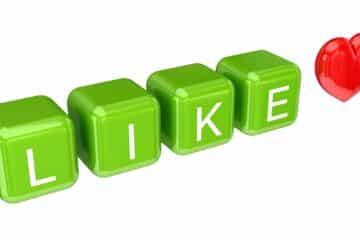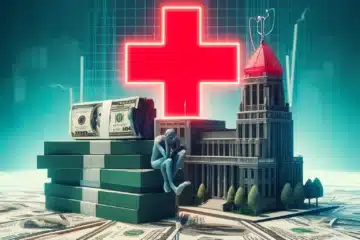
“I don’t know”
Three (powerful) words that are clearly not utilized enough in the multitude of daily encounters that take place between patients and physicians.
If I read 2 academic papers per day, I will be 5 years behind by the end of day.
The availability of information and the velocity of information transfer means that the amount of information becoming available clearly exceeds the cognitive capacity of each and every individual in any chosen field.
Even as “specialists” … We do not know everything.
I would offer that our patients can play a very important role in the continuing education of an open and digitally savvy physician. More than ever before, incentivized patients are engaged, empowered and taking a very active role in their well being. 85% are searching the internet for information prior to or just after their visit. I welcome the opportunity to review the data or information with them to determine its accuracy and whether or not it is pertinent or applicable to their particular case.
Physicians should not leave it up to their patients to seek another opinion when it becomes obvious that they may not know what’s going on …
It’s OK to say — “I don’t know”. It builds credibility, it builds trust, and if *we* are open minded, it builds our knowledge base for future doctor-patient interactions!














Howard,
I love this. Being able to say, “I don’t know” is important for all of us. I am so grateful for the supervisors I had who gave me permission to slow down, dig deeper, and engage my patients in learning answers together. Not surprisingly, I’m drawn to physicians who collaborate with me, rather than dictate. Thanks for the reminder.
Warmly,
Ann
THanks for stopping by Anne… glad you agree. Too many physicians afraid to say IDK and ask for 2nd opinion. Patient’s well being more important than our ego :-)
Hello Dr. Luks and thanks for this profoundly important message (and also for linking to my Heart Sisters post on a similar theme: http://myheartsisters.org/2014/01/03/when-doctors-cant-say-i-dont-know/
One of my readers left a really good comment in response. When comparing two neurosurgeons for treatment of her brain tumor (one who was uncertain but willing to look at a number of options, and the other completely confident in his prognosis) she chose the first, explaining: “Uncertainty means that someone is paying attention.”
Regards,
C.
Love that example! I’m very glad I have found your blog… I will be returning :-)
Howard Luks